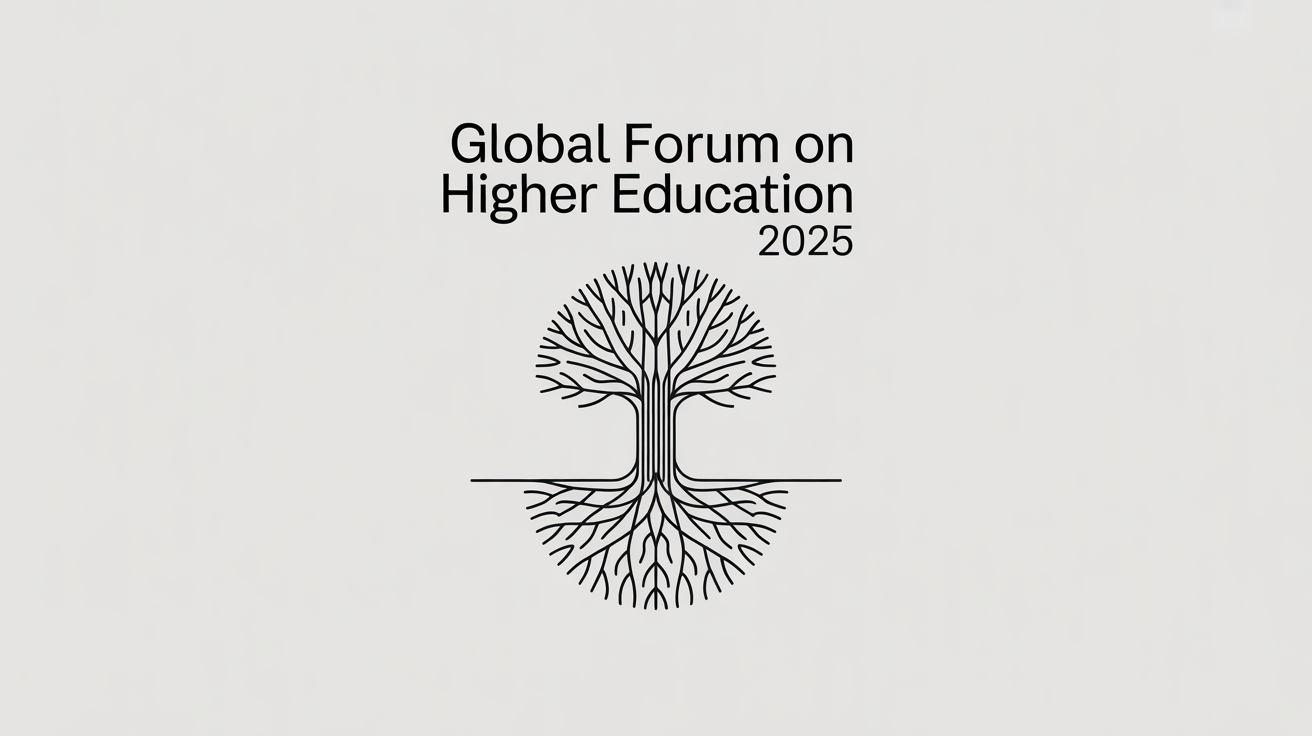Today, democracy is going through a serious crisis all over the world. Political developments in many countries of the world have reached such a point where democratic values, human rights and rule of law are under direct threat. The foundation of democracy always rests on values like justice, equality and freedom, but when these principles are challenged, both society and citizens are affected.
Similarly, the world of education is also facing big challenges at this time. Universities, colleges and research institutes today should not be limited to imparting knowledge and doing research, but they will also have to take the responsibility of strengthening democratic values in the society. There are many questions before today’s generation—will education be limited only to degrees and jobs, or will it also work to make the youth a better citizen?
Why is it important for education and democracy to work together?
We all know that education is not limited to books and examinations. It gives us freedom of thinking, gives us the perspective to listen and understand the views of others and teaches us to differentiate between right and wrong.
For example, if universities in a country only teach technical skills but do not teach students what democracy is, the importance of civil rights and how to embrace diversity in society, then the future of such a country will be incomplete. Even if it produces good engineers, doctors or scientists, there will be a lack of tolerance and equality in the society.
This is why today universities and colleges are expected to become supporters of democracy and make their students not only professionals but also responsible citizens.
Global Forum on Higher Education 2025 – New Hope for Democracy
To further these objectives, the “Global Forum on Higher Education 2025: Renewal of Democratic and Civic Mission” is being organized. This forum will be held on 3–4 June 2025 at the renowned Charles University in Prague (Czech Republic).
This is not an ordinary meeting, but a platform for universities, education leaders, policy makers and civil organizations from around the world to think together about how to strengthen democracy through education.
Special features of this forum
- This forum is by invitation only, that is, a select 140 education leaders, government officials and institutions will participate in it.
- The participants will be from diverse regions such as Europe, Asia, Africa, America, Oceania and the Middle East.
- There will not only be speeches but also interactive sessions, panel discussions and case studies.
- This conference will discuss many important issues connecting education and democracy.
What issues will be discussed?
The main theme of this two-day meeting will be – “The democratic and civic mission of higher education”. Under this, some important points will be discussed:
Democratization of science and research and public trust
Today scientific research and academic work is getting disconnected from the general public. It will be discussed how universities can increase trust among the common people by not limiting science to experts only.
Academic freedom and responsibilities
In many countries, professors and researchers face political pressure. This forum will raise the question of how to safeguard academic freedom and what should be its social responsibility.
Role of students
Democracy is not just the work of leaders and institutions. Students also play an important role in it. Student organizations, social campaigns and their participation at the local level will be discussed.
Responsibility of universities at the local level
The influence of any university is not limited to its walls only. It affects the democratic culture of its city, state and country. There will be a discussion on how universities can bring positive change in the society around them.
A confluence of democracy and diversity
Democracy is strong only when there is diversity, equality and tolerance in it. Universities should develop as a place where people of all religions, castes, languages and ideologies are equally respected.
For example, if students from minority communities feel unsafe in a university or female students do not get equal opportunities, then that institution has failed in its democratic mission. These issues will also be discussed in depth in this forum.
Why is global cooperation necessary?
The political, social and economic conditions of every country in the world are different. But the foundation of democracy is the same everywhere–freedom, equality and justice. This is why universities of one country can learn from other countries.
For example, if universities in Europe show successful models of academic freedom, then institutions in Asia or Africa can take inspiration from them. Similarly, student movements in Latin America have strengthened democracy, which can be a lesson for the rest of the world.
A glimpse of the future
It is expected from the Global Forum 2025 that the decisions taken here and the shared ideas will not only provide solutions to the current challenges, but will also set a new direction for the future.
This forum will not just be a platform for discussion, but the ideas that emerge from it can become a part of education policies and democratic reforms in the coming years.
Conclusion
Today, when democracy is in danger in many places in the world, universities and colleges have a big responsibility. They have to We have to become not just educational institutions but also the watchdogs of democracy.
